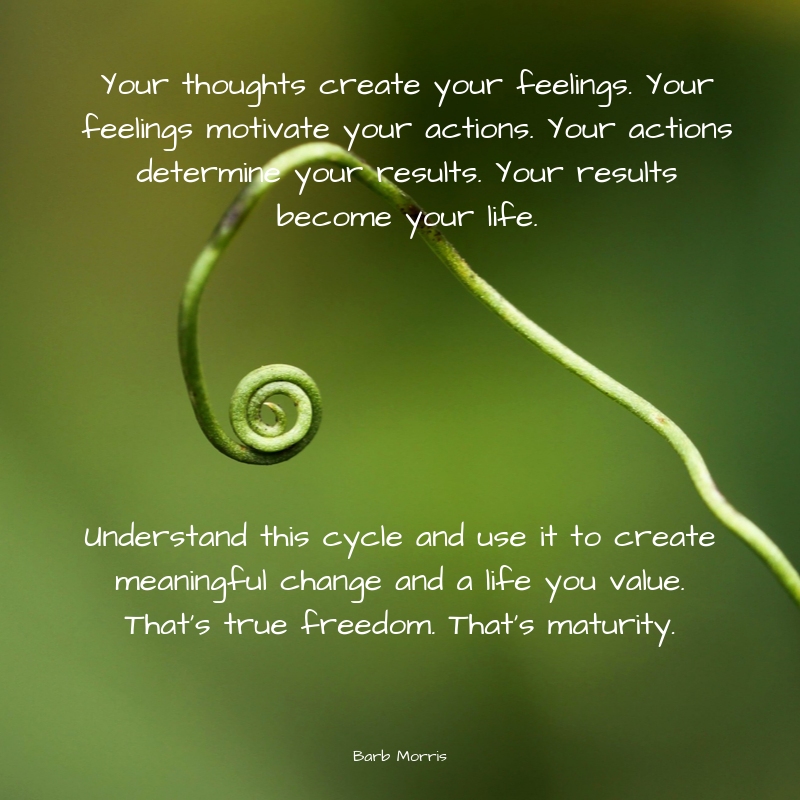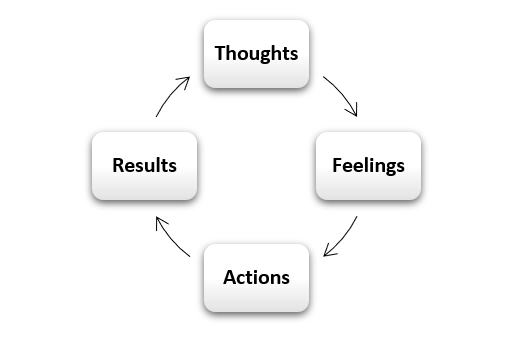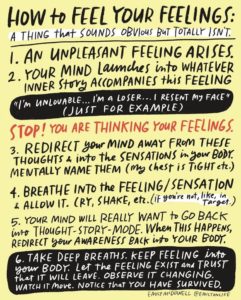When you complain, you make yourself a victim. Leave the situation, change the situation, or accept it. All else is madness. ~Eckhart Tolle
This annoying piece of wisdom from Eckhart Tolle reminds me of the opening lines of Reinhold Niebuhr’s Serenity Prayer: God, grant me the serenity to accept the things I cannot change, courage to change the things I can, and wisdom to know the difference.
I’ve seen so many references these last two weeks to 2021 (and 2020) as “dumpster fires” and “shit storms.” Yet these are the years of our lives. We will never get them back. We can never have them be different than they have been. All we can do is live as well as we can, moment by precious moment.
Yes, these years have been painful. We feel grief for what we’ve lost. We feel anger toward those who refuse to do what they can to keep our communities safe. We feel afraid of the next variant, the next school closure, the next eruption of rage in Costco.
What we don’t have to feel is the malaise and ennui of suffering and stuckness. Suffering and stuckness result from thinking things should be different, by God, from how they actually are. {Shakes fist at sky.}
So many changes in our lives come unbidden and unwanted. People get sick. People die. People leave. People refuse to change and we have to leave. We change and we have to leave. And there’s not a damn thing we can do about those unbidden changes but accept them and move on.
Acceptance can take time. Years sometimes. Even decades.
Complaining is an outward manifestation of internal suffering. Unlike pain, suffering isn’t inevitable. It’s optional. It’s a choice. That’s why Eckhart Tolle’s wisdom is so annoying to me. Complaining, although it might feel comfortable and familiar in the moment, does absolutely no good and only delays the healing ushered in by acceptance.
So why do we do it? I don’t know about you, but I complain because sometimes I want to be a victim, at least in the short term. When I’m being a victim, I don’t have to take responsibility for adulting—for running situations through the filter—for asking myself if this thing that’s cropped up requires serenity to accept or courage to change. I can just point fingers at others and not look at myself. I can make other people or the world wrong and myself right. That’s so much easier. Self-righteous complaining feels so comfortable.
But being a long term victim gets old, doesn’t it? Doesn’t it?
Life as Earthlings is change. Change follows a predictable pattern, and we do best when we allow it to have its way with us. Change, accepted and absorbed, is holy. Resisting change only causes suffering.
If this resonates, you could choose to notice complaining, your own and other people’s, in 2022. You don’t have to stop, or ask others to stop. Just notice with kindness. Maybe be willing to ask yourself what you’re gaining from complaining. Or think you’re gaining. Because I promise you that whatever you think you’re getting from complaining, you’re not actually getting it. All you’re getting is the false peace of a short-term pressure release, not a reality-based long-term solution ushering in healing and growth.
It wasn’t 2021’s fault that we’re feeling angry, afraid, and sad. It wasn’t 2020’s fault. It won’t be 2022’s fault. It’s just reality. The sooner we face this new reality, accept responsibility for our responses, and grieve our losses, the sooner we’ll be able to access our creativity and live our precious lives well.
Complaining makes you a victim. Creating is the opposite of being a victim. Instead of complaining, maybe choose to create instead.
You create your life with the choices you make.
Live well, one choice at a time. Moment by moment, hour by hour, day by day, month by month, and year by year.
Happy 2022!
PS. I have four openings in my Coaching Intensive “Spring Semester” starting in February. Reply to this newsletter if you’re interested in the possibility of diving deeply together for twelve weeks, and I’ll send you next steps.
PPS. I’m breaking all the writing advice and working on two books: the continuation of Martha’s story begun in Lost and Found, and a workbook based on my Coaching Intensive. Stay tuned!
PPPS. This newsletter will be monthly starting with this issue. I’ll write more frequently when I have news to share.
PPPPS. Artist and teacher Connie Solera’s new year-long program, Monopalette, is now open. It’s free and you can join anytime. Every month is devoted to exploring one color. (January’s color is Prussian Blue.) Connie’s Paint Wisdom Studio is delicious nourishment for my artist’s soul, and it might be for yours, too.
Photo by Tim Mossholder on Unsplash




